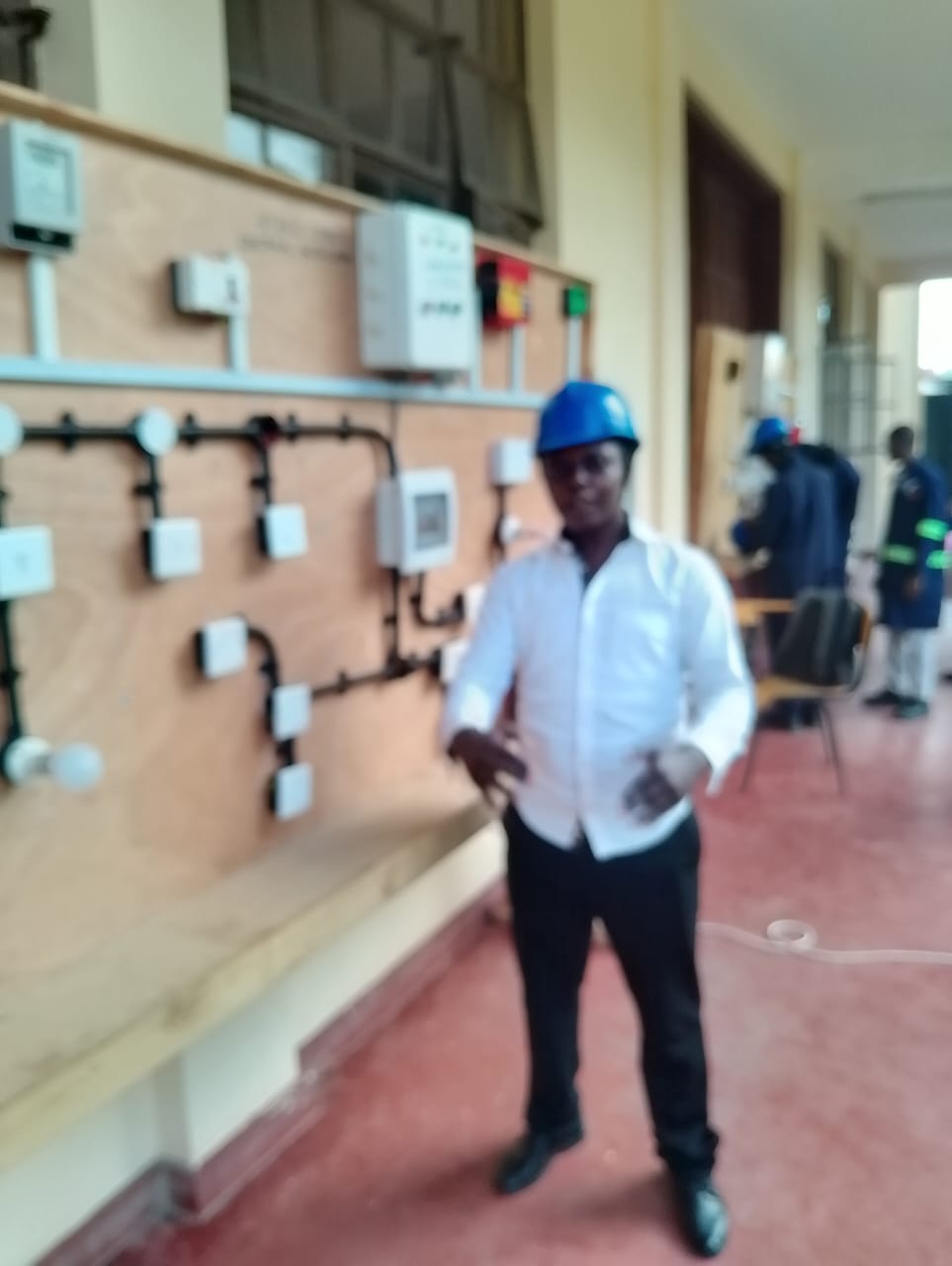
Level 4 – Artisan Certificate
Basic & Common Modules
-
Communication, Digital Literacy, Entrepreneurship, Employability, Environmental Literacy, Occupational Health & Safety
-
Engineering Mathematics, Workshop Processes, Electrical Principles, Technical Drawing
Core Electrical Modules
-
Electrical Installation (wiring, circuits)
-
Basic Electronics, Solar & Security Systems
-
Electrical Machines (installation fundamentals)
Industrial Attachment included
🔹 Level 5 – Craft Certificate
(Modules build from Level 4 with deeper technical scope)
Common/Core Progression
-
Advanced Electrical Principles, Enhanced Workshop Practices, Technical Drawing
Core Technical Modules
-
3-phase Electrical Wiring & Power Lines, Machine Installation & Automation
-
Electronics, Solar & Security Systems (expanded scope)
-
System Maintenance and Project Implementation
Industrial Attachment
🔹 Level 6 – Diploma (Power Option)
Basic & Common Modules (360 hrs + 540 hrs total)
-
Included previously, plus enhanced Engineering Maths, Workshop Tech, Electrical Principles, Technical Drawing studocu.com
Core Diploma Units (1,710 hrs):
-
Electrical Installation – advanced wiring & safety (120 hrs)
-
Electrical Power Lines – overhead line construction (190 hrs)
-
Electrical Machine Installation – motors & transformers (130 hrs)
-
Electronics – components, circuits, controls (120 hrs)
-
Machine Automation – PLCs, control networks (130 hrs)
-
Security Systems – alarm/CCTV integration (110 hrs)
-
Solar Systems – PV systems, sizing, installation (70 hrs)
-
Equipment & Maintenance – preventive & corrective maintenance (130 hrs)
-
Project Management – planning, costing, execution (120 hrs)
-
Power Generation – understanding generation methods (110 hrs)
-
Industrial Attachment – 480 hrs on real-world projects
Total Contact Hours: ~2,610 hrs across all units
🌐 Modular Design Highlights
-
Flexible, stackable units aligned to KNQF Levels 4–6
-
Multiple exit and re-entry points, ideal for part-time learners
-
Assessment weightings:
-
Levels 4–5: theory 10% / practical 90%
-
Level 6: theory 40% / practical 60%
-
- Teacher: Admin User